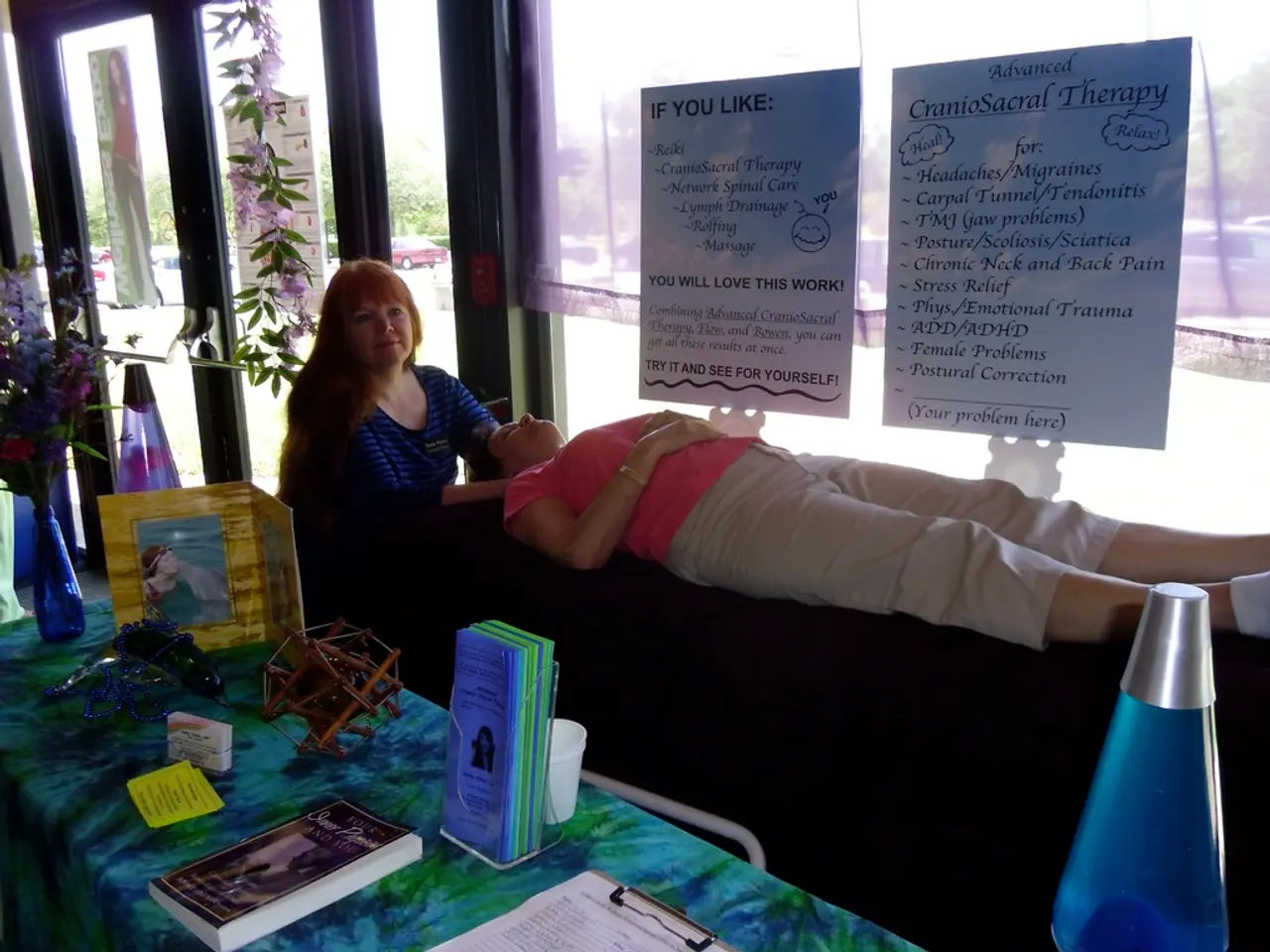Therapy for Couples: Benefits, Techniques, and Key Factors for Effectiveness
In the complex world of relationships, challenges are inevitable. From communication problems to emotional distance, financial disputes, and infidelity, many couples face common issues that can strain even the strongest of bonds. Fortunately, couples therapy offers a structured and evidence-based approach to help partners improve their relationship and prevent problems from escalating.
Couples therapy, also known as couples counseling, is a specialized form of psychotherapy and psychiatry aimed at clarifying existing conflicts in a relationship and preventing negative dynamics. It creates a safe, non-judgmental environment where both partners can openly express feelings and perspectives, guided by a therapist who teaches practical tools and techniques tailored to the couple’s unique needs.
The initial consultation identifies central themes responsible for relationship dissatisfaction, provides an opportunity for couples to understand each other better, and helps understand the causes of their conflicts. Recurring conflicts and misunderstandings are indicators that therapy may be necessary. Early help is crucial as conflicts can escalate, and injuries may occur if couples do not act.
Regular sessions give couples the opportunity to have open conversations and work through conflicts. The course of couples therapy concludes with a method for the closing and aftercare phase, during which progress is evaluated with the partners, and further steps are planned if necessary.
Key benefits of couples therapy include improved emotional validation and empathy between partners, reduced stress through shared anxieties in a supportive setting, healthier communication and conflict resolution skills, repaired trust and renewed emotional and physical intimacy, and customized strategies for the couple’s specific issues and relationship dynamics.
Seeking therapy early or at the first signs of difficulty generally results in more positive, lasting changes. Couples therapy is not only beneficial during crises—such as trust breaches, persistent conflicts, or emotional disconnection—but also proactively to strengthen the relationship and prevent problems from escalating.
A couples therapist remains neutral and helps explore both the problems and positive aspects of the relationship to help couples reconnect and strengthen their relationship. Therapy can support couples dealing with diverse challenges, including anxiety, parenting roles, intimacy issues, and rebuilding after betrayal or trauma.
In essence, couples therapy is a flexible and effective approach that can support both couples in distress and those wanting to deepen their connection. By fostering open communication, resolving conflicts, rebuilding trust, and deepening emotional intimacy, couples therapy offers a pathway towards healthier, happier relationships.
- In the realm of health-and-wellness, couples therapy can provide a structure for addressing emotional and communication challenges within relationships, offering a pathway towards healthier, happier relationships.
- Recognizing the importance of mental-health, couples who are dealing with anxiety, intimate issues, or healing from betrayal or trauma can find support in a neutral couples therapist who helps explore both the positive aspects and the problems in their relationship.
- As part of a comprehensive lifestyle approach, regular therapy sessions can help couples improve their communication and conflict resolution skills, ultimately leading to reduced stress, improved emotional validation, and repaired trust—all crucial elements for strong, lasting relationships.




